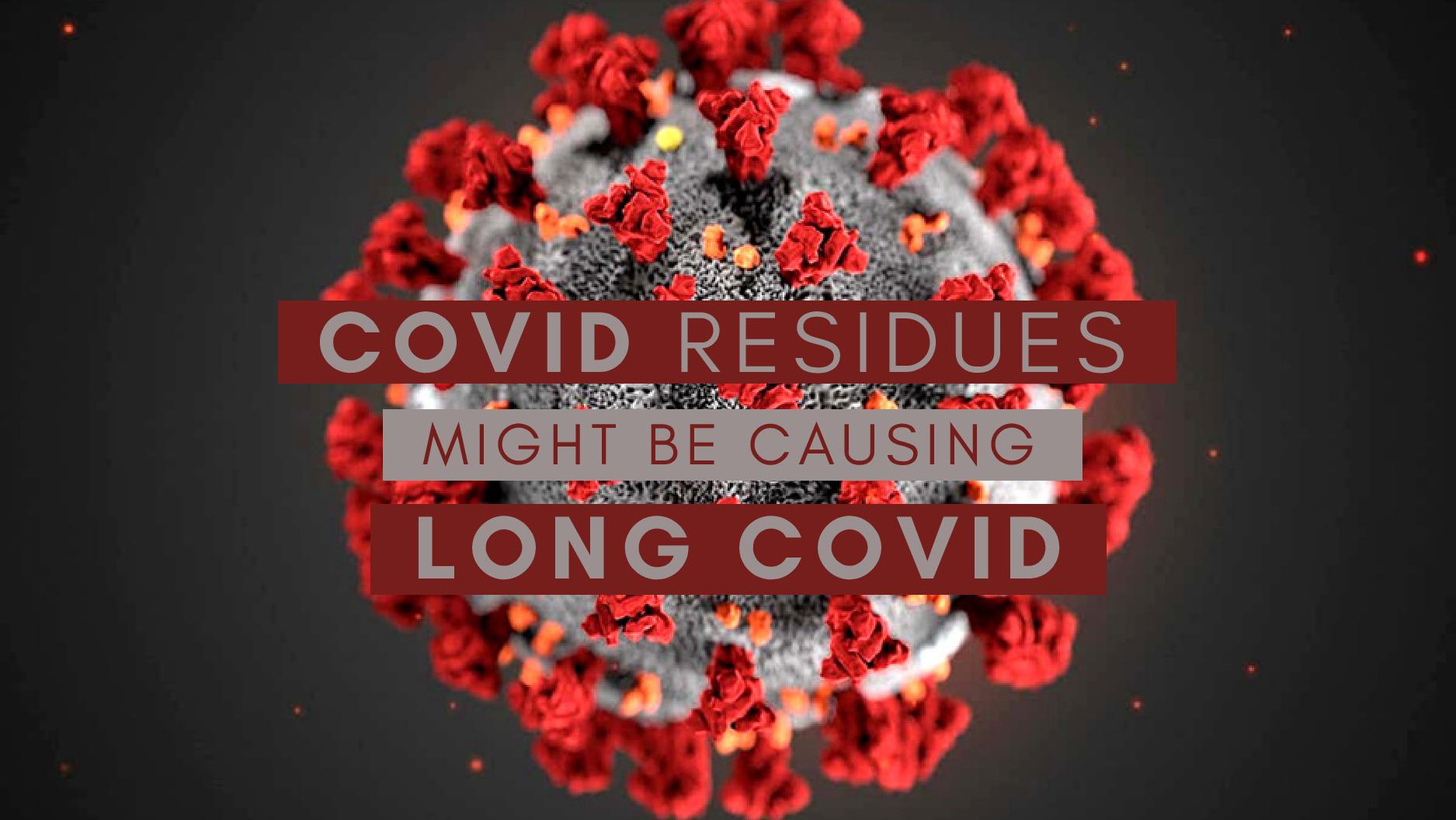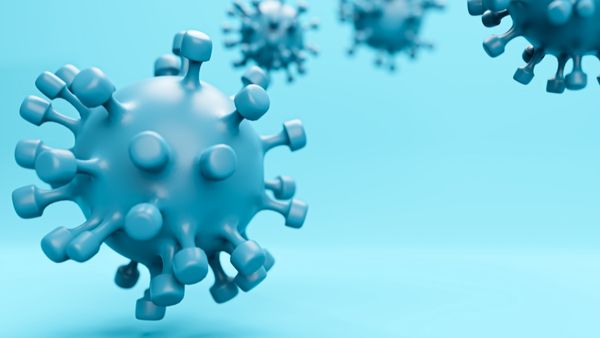Just In
- 5 hrs ago

- 14 hrs ago

- 16 hrs ago

- 17 hrs ago

Don't Miss
- Education
 JEE Main Result 2024 Out, Telangana's 15 Toppers Shine, Check Statewise List of 56 Candidates with Perfect 100
JEE Main Result 2024 Out, Telangana's 15 Toppers Shine, Check Statewise List of 56 Candidates with Perfect 100 - Sports
 Who Won Yesterday's IPL Match 40? DC vs GT, IPL 2024 on April 24: Delhi Capitals Clinch High-Scoring Thriller At Kotla
Who Won Yesterday's IPL Match 40? DC vs GT, IPL 2024 on April 24: Delhi Capitals Clinch High-Scoring Thriller At Kotla - News
 Mangalsutra Row: Did Indira Gandhi Donate Gold During The 1962 War? The Facts Behind Priyanka's Claim
Mangalsutra Row: Did Indira Gandhi Donate Gold During The 1962 War? The Facts Behind Priyanka's Claim - Movies
 Kota Factory 3 OTT Release Date, Platform: When Will Jitendra Kumar's Web Series Premiere On Netflix?
Kota Factory 3 OTT Release Date, Platform: When Will Jitendra Kumar's Web Series Premiere On Netflix? - Travel
 Escape to Kalimpong, Gangtok, and Darjeeling with IRCTC's Tour Package; Check Itinerary
Escape to Kalimpong, Gangtok, and Darjeeling with IRCTC's Tour Package; Check Itinerary - Finance
 DCB Bank Q4 Results: PAT Grew 9% To Rs 156 Cr, NII Jumps 4.5%; Dividend Declared
DCB Bank Q4 Results: PAT Grew 9% To Rs 156 Cr, NII Jumps 4.5%; Dividend Declared - Technology
 OPPO Find X7 Ultra Camera Deep-Dive: Pushing the Boundaries of Photography on a Smartphone
OPPO Find X7 Ultra Camera Deep-Dive: Pushing the Boundaries of Photography on a Smartphone - Automobiles
 Aston Martin Vantage Launched In India At Rs 3.99 Crore
Aston Martin Vantage Launched In India At Rs 3.99 Crore
Coronavirus Residues Might Be Causing Long COVID: New Study
A new study published in the Clinical Infectious Diseases journal has suggested that leftover Coronavirus residues might be responsible for long COVID, or the post-COVID condition that persists in some people even weeks, months, and years after the disease has occurred [1].
Long COVID or post-COVID syndrome is the term used to describe the impact of COVID-19 that continue for weeks or months beyond the initial illness, with some experts saying it to be over four weeks and some say it takes more than 12 weeks [2].

Some of the common long COVID symptoms are the results of your being battered down by fighting off the coronavirus infection and slowly recovering. During this period, you are most likely to feel fatigued, face breathing difficulties and so on.
Coronavirus Residues Might Be Causing Long COVID: Findings
- The study points out that the spike protein of the virus was found to remain in the blood of people with long-term COVID up to one year after infection.
- According to the study, people who have fully recovered from COVID do not have this spike protein in their bodies.
- Researchers have concluded that these leftover residues of the virus may adversely affect the immune system, causing complications such as blood clots and inflammation, resulting in several complications leading to prolonged COVID.
- As part of the study, plasma samples were collected from 63 adults who had been infected with COVID, of whom 37 had been diagnosed with long COVID.
- There were 30 females among those who had long COVID, reflecting the increased prevalence of persistent symptoms in women following COVID infection.
- Even months after recovering from COVID infection, more than 10% of those infected may experience long-term COVID symptoms such as headaches, confusion, memory problems, and shortness of breath.
- Over 144 million people worldwide suffer from long-term COVID conditions, requiring a combined approach to managing this health concern [3].
"Active viral reservoirs could cause PASC or post-acute sequelae of COVID-19 symptoms, but circulating spike may also give rise to symptoms. Similar to bacterial superantigens, SARS-CoV-2 spike contains structural motifs that skew the T cell receptor repertoire, possibly accounting for the hyperinflammatory response observed in severe COVID-19 and MIS-C patients," the study says [4].

On A Final Note...
The effect of Long COVID symptoms on the organs is different from person to person, depending upon their lifestyles (sedentary or active), their immune system and the functioning of their organs [5].
Consult your doctor for the right advice, and they may recommend lifestyle advice, including rest, sleep hygiene, a healthy diet, vitamin D, multivitamins, moderating alcohol intake, and smoking cessation as supportive measures.
-
 pregnancy parentingMysterious Pneumonia Outbreak In China: What Are The Long-Term Effects Of Pneumonia In Children?
pregnancy parentingMysterious Pneumonia Outbreak In China: What Are The Long-Term Effects Of Pneumonia In Children? -
 healthCan You Get Back COVID-Related Loss Of Sense Of Smell And Taste (Parosmia)? Looks Like You Can!
healthCan You Get Back COVID-Related Loss Of Sense Of Smell And Taste (Parosmia)? Looks Like You Can! -
 healthDid Covid-10 Vaccination Increase Risk Of Sudden Deaths In Young Adults? ICMR Finds This..
healthDid Covid-10 Vaccination Increase Risk Of Sudden Deaths In Young Adults? ICMR Finds This.. -
 wellnessDelhi Air Pollution, Air Quality Very Poor: Do Covid Masks Help Reduce Pollution Side Effects?
wellnessDelhi Air Pollution, Air Quality Very Poor: Do Covid Masks Help Reduce Pollution Side Effects? -
 healthNobel Prize 2023: Scientists Behind The COVID-19 mRNA Vaccines Wins
healthNobel Prize 2023: Scientists Behind The COVID-19 mRNA Vaccines Wins -
 healthWhat Is Disease X? 20 Times More Deadlier Than Covid 19; Can Cause 50 Million Deaths, Does It Have Vaccine?
healthWhat Is Disease X? 20 Times More Deadlier Than Covid 19; Can Cause 50 Million Deaths, Does It Have Vaccine? -
 healthCOVID-19 Vaccines and Heart Attacks: New Studies Show Different Results; What Are They?
healthCOVID-19 Vaccines and Heart Attacks: New Studies Show Different Results; What Are They? -
 healthDo You Pick Your Nose? Stop! It Can Increase COVID Risk
healthDo You Pick Your Nose? Stop! It Can Increase COVID Risk -
 healthEris Variant: WHO Alarms New Covid Wave; Should India Be Concerned About This Pandemic
healthEris Variant: WHO Alarms New Covid Wave; Should India Be Concerned About This Pandemic -
 healthVitamin D Deficiency Linked With Increased Risk Of Long COVID
healthVitamin D Deficiency Linked With Increased Risk Of Long COVID -
 healthCOVID Surge In India: Do You Need A COVID-19 Booster Shot?
healthCOVID Surge In India: Do You Need A COVID-19 Booster Shot? -
 healthCOVID-19: IMA Cites 3 Reasons Behind Recent Surge In Covid-19 Cases: What Are They?
healthCOVID-19: IMA Cites 3 Reasons Behind Recent Surge In Covid-19 Cases: What Are They?


 Click it and Unblock the Notifications
Click it and Unblock the Notifications



